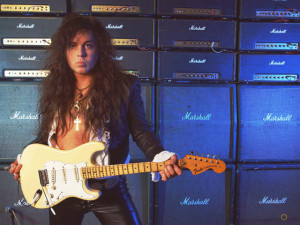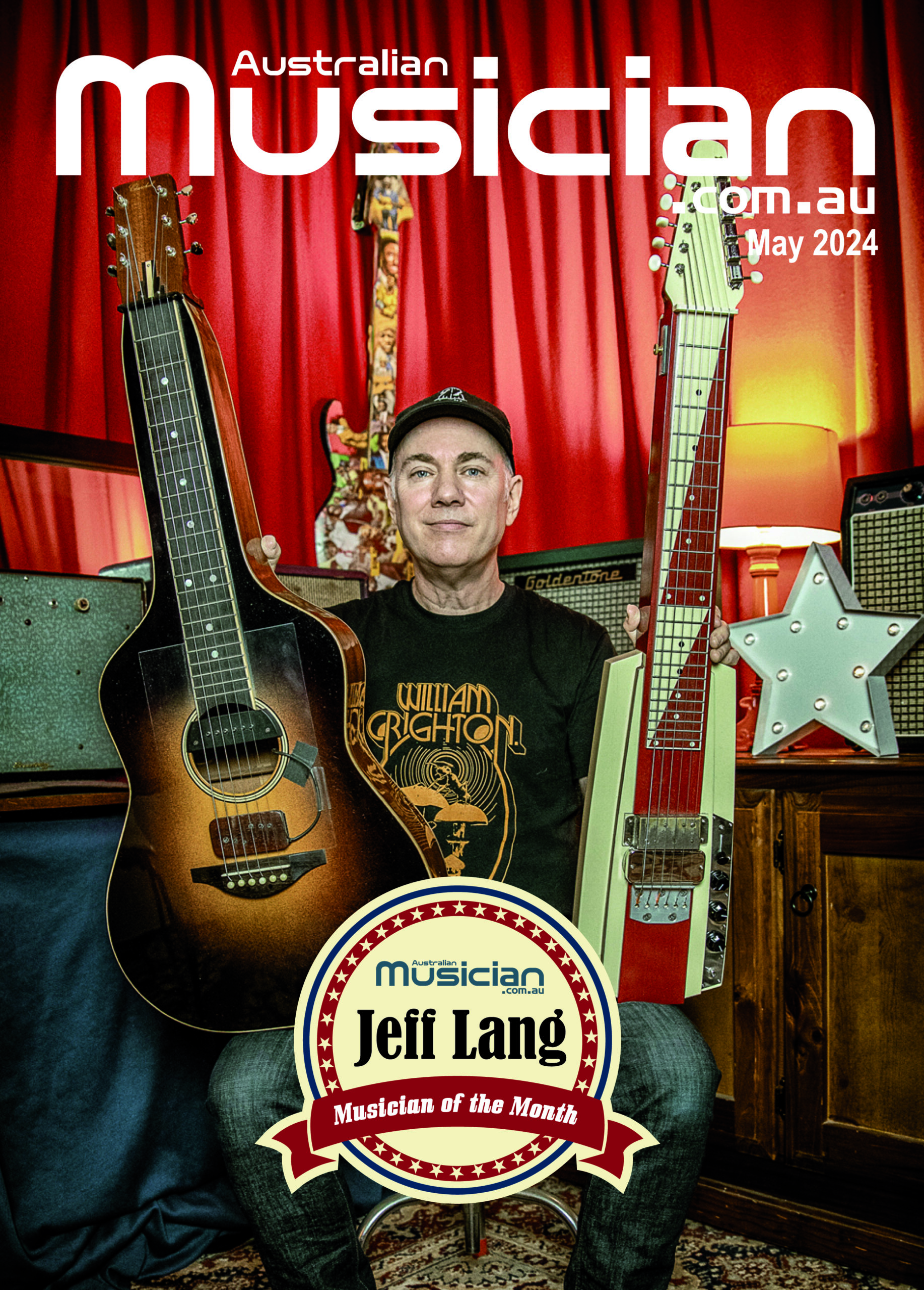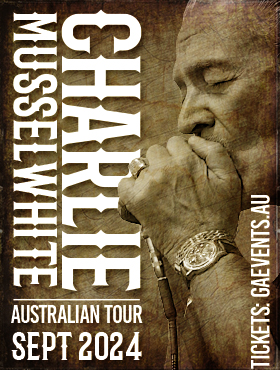YNGWIE MALMSTEEN
November 24, 2006 | Author: Joe Matera
 Yngwie Malmsteen is one of rock’s most respected and admired virtuoso guitarists. His jaw-dropping technique of lightning fast harmonic minor-scale riffing and soloing first came to the attention of the music world when Malmsteen was just 21 years of age. Via his 1984 debut “Yngwie J. Malmsteen’s Rising Force,” a neo-classical melodic workout in itself, he ushered in the golden age of shredding. Malmsteen soon became the new king of neo-classical hard rock, a crown that was previously worn by Ritchie Blackmore, who himself had been an influence on Malmsteen’s guitar playing. Malmsteen’s style and technique went on to become a hugely influential force upon countless guitarists that soon followed in his wake. Joe Matera caught up with the Swedish legend on the eve of his Australian tour.
Yngwie Malmsteen is one of rock’s most respected and admired virtuoso guitarists. His jaw-dropping technique of lightning fast harmonic minor-scale riffing and soloing first came to the attention of the music world when Malmsteen was just 21 years of age. Via his 1984 debut “Yngwie J. Malmsteen’s Rising Force,” a neo-classical melodic workout in itself, he ushered in the golden age of shredding. Malmsteen soon became the new king of neo-classical hard rock, a crown that was previously worn by Ritchie Blackmore, who himself had been an influence on Malmsteen’s guitar playing. Malmsteen’s style and technique went on to become a hugely influential force upon countless guitarists that soon followed in his wake. Joe Matera caught up with the Swedish legend on the eve of his Australian tour.
How do you approach your songwriting?
The process is not always the same. Usually what happens often is I’ll be watching TV with my guitar in hand and a Marshall and will be noodling away and will come up with a cool riff that will be the start of an idea for a song. Or sometimes I will wake up in the middle of the night with an idea. There is really no set formula. Then again sometimes I can come up with ideas at sound check when I’m on tour. Once I have the ideas, I’ll go into my home studio and start putting down the ideas with some sequenced drums. At the end of the day I might have about a hundred ideas like that put to tape. But some of those ideas might take years before they develop into an actual song.
I have another recording studio in town where I have a big live drum room and that’s where I’ll get real live drums recorded. These go onto a hard drive and then I take those hard disc recordings back to my home studio where I will go ahead and complete it.
You’re very much one who adheres to spontaneity when it comes to laying down your solos in the studio …
The solos are always completely improvised there is never any pre-planned solo on my recordings. It’s all about capturing the moment for me. If I’m inspired I’ll do it in one take, but then again if I’m inspired I might still do two takes just because I want to do two takes. But if I’m uninspired I might give it a go but I don’t like it. I’m not going to sit there and do it fifty times over in order to get it. I just don’t do that. I know where I need to go and where and feel it too.
When it comes to amplifiers you tend to use Marshalls that are mainly from the late ‘60s to early ‘70s period, is there some fascination with that period in time for you?
Its funny how that all happened really. You see on the Marshalls there is a gain control and a master volume and in 1975, Marshall finally caught onto the fact that people really liked the sound Marshall makes when it’s turned up. So Marshall went on to release the master volume series soon after. So all of the sudden the amps made previous to that year, nobody wanted them anymore because you couldn’t get the sound you wanted out of them unless you drove them really loud. So at the time I was still in Sweden and started snapping up those amps on the cheap. And nowadays those amps are worth sixty times more than the price I paid for them! So that’s how I ended up using them because at the time that was all I could afford back in Sweden. And from there my sound developed from using those amps and because I liked it so much, I stayed with them ever since. I have about 40 of those at home though I won’t be able to bring them down to Australia.
You have a large collection of guitars too. What are your favourite ones that you primarily use?
Yeah I have something like 200 plus guitars. And for the last five years there has been about five Fender Strats, again from the late ‘60s to early ‘70s period that I really love and of which I use live. When I’m on the road I usually bring six Strats with me and one Ovation acoustic that I’ve used for the past ten years. And that’s it.
How do you achieve a healthy balance between your creativity and technical ability?
I believe technical ability is something you have to have first. And then after that, you can you become creative. Being technical is like having the right tools. If you’re a writer or a painter, you have to have your tools like a brush and know the difference between light and shade and know how to paint a picture before you can actually paint. I think it’s kind of strange how people think that if you have no technical ability and no understanding of theory or pitch or anything, that they can be expressive. And though I do understand where they’re coming from, I wonder how people do use that logic? Because it’s clearly totally wrong. The more ability you have the more expressive you can be.
There are those who believe guitarists who are technical in their playing are not being expressive.
No, no it’s the other way round! Let me put it this way, do you want to look at a picture that was taken with a camera that was out of focus or do you want to look at a picture that was taken with perfect clarity? Or do you want to watch a movie that has sloppy editing and no sound over one that is edited perfectly and has sound? Of course you don’t. I think that statement is a cop out. You can never knock someone’s ability by saying there is too much technical ability there, because it’s illogical and it is also wrong.


